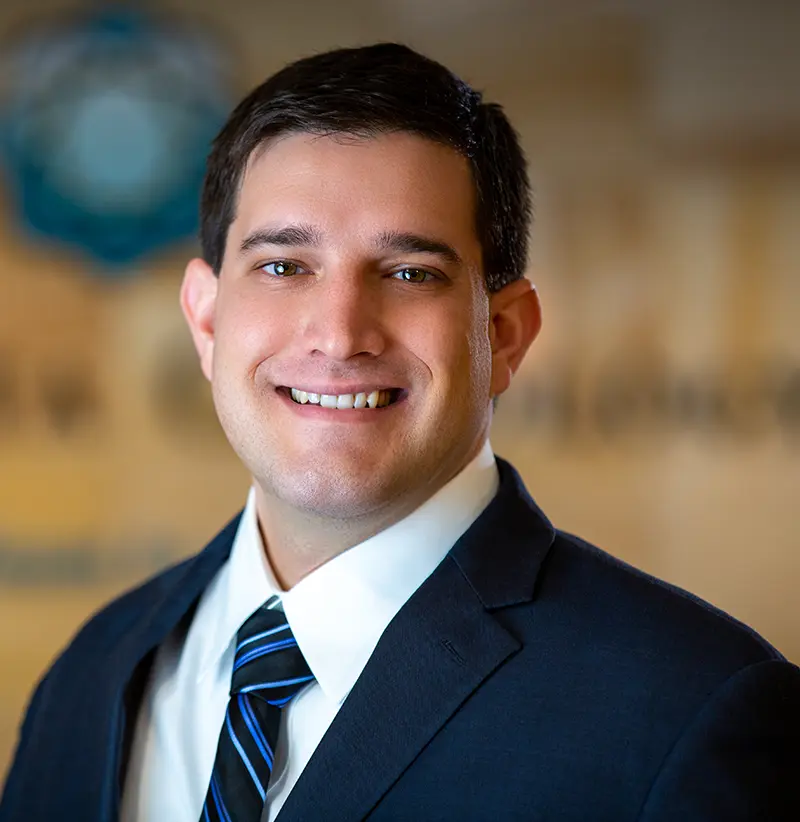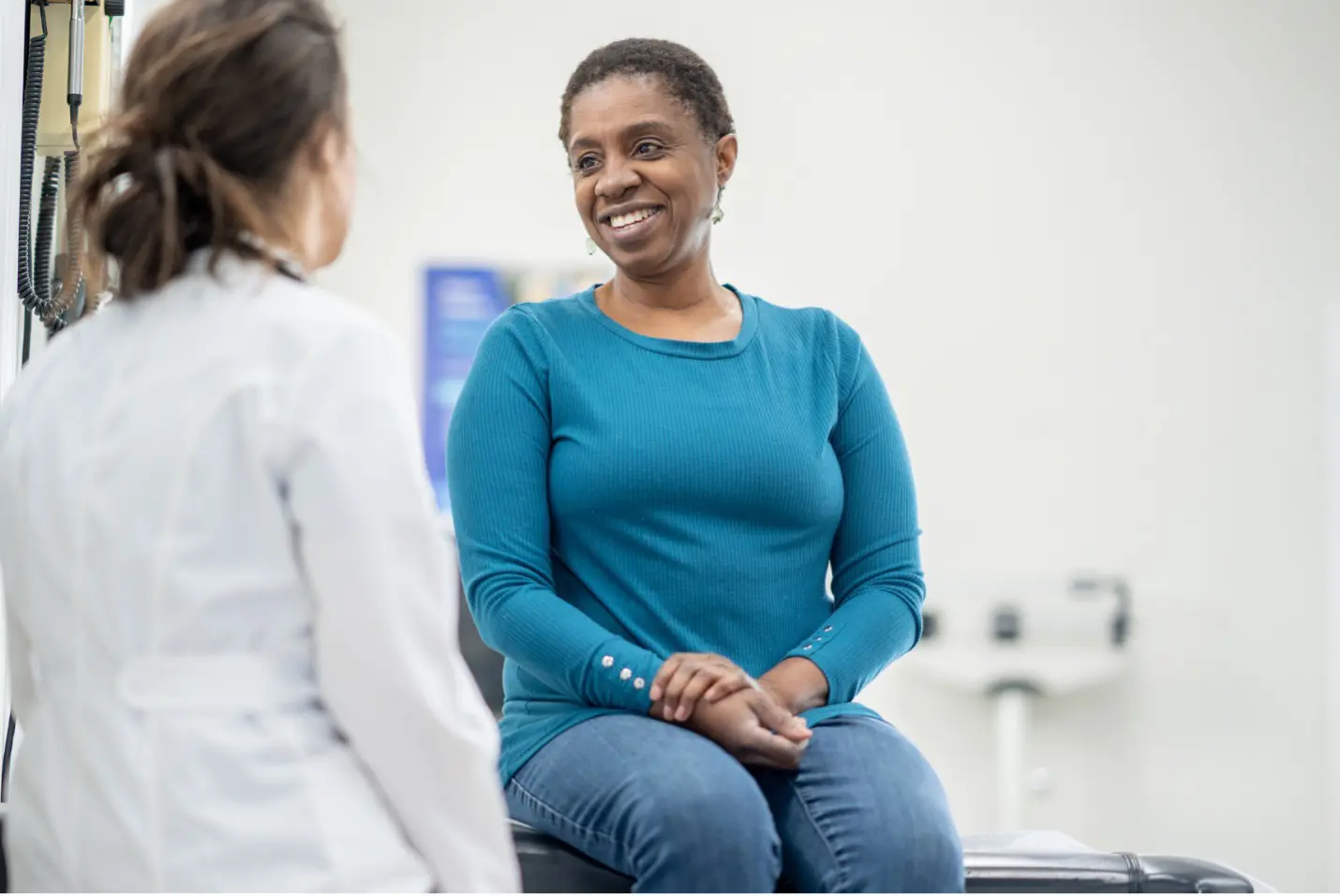
“My core belief is that an oncologist must treat the whole patient and in the process include their family. I very much enjoyed teaching medical residents when I was a chief medical resident, and likewise when I was chief oncology fellow. I use a similar approach to treating patients and family, as only with an adequate understanding of all the aspects of a cancer can a patient and family make a decision that they consider reasonable.”
Dr. Dreyer joins Minnesota Oncology after completing his fellowship and residency at Larking Community Hospital.
Dr. Dreyer is board-certified in Internal Medicine and fellowship trained in oncology and hematology. His areas of special interest include breast cancer, neuroendocrine tumors, non-small cell lung cancer and gastrointestinal malignancy.
“Today there are so many treatment options and so much more we can offer patients than even 5 years ago. As an oncologist it is my duty to stay up to date with the current literature, so I can offer my patients the best care available.”
Learn more about Dr. Dreyer and request an appointment here.



